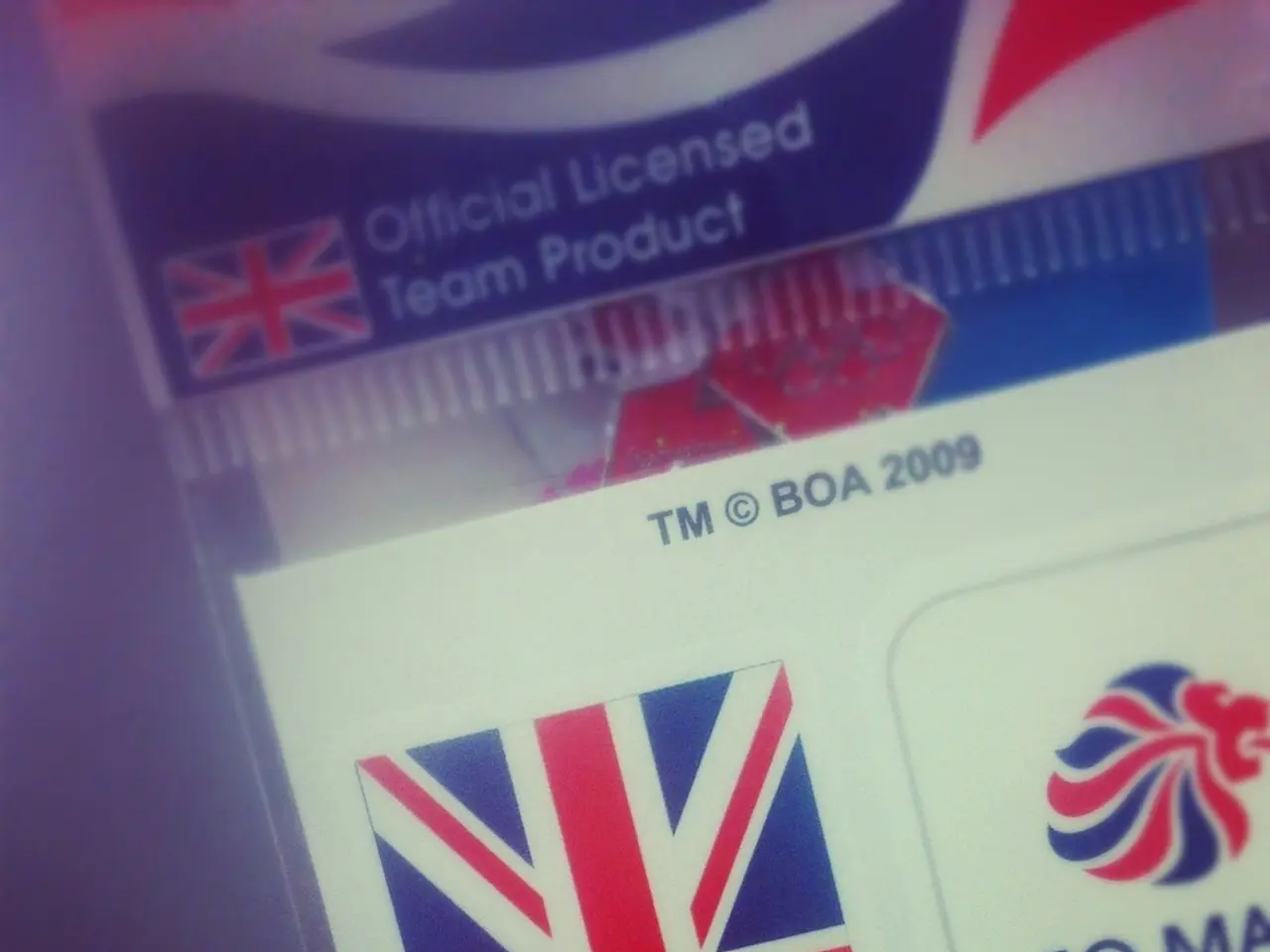Wealthy individuals gain access while experts get shut out as Trump sets policies
The Trump administration's recent changes to H-1B visa regulations are set to reshape the recruitment strategies of US tech companies. Under the new rules, companies will have to weigh the value of a job candidate against the additional $100,000 fee they would pay the government annually, on top of the candidate's salary, or consider hiring American workers instead.
The aim of these changes is to prevent US companies from bringing in inexperienced employees and training them, as the administration seeks to protect American jobs. However, critics argue that the H-1B visa is being misused and taking jobs away from American employees.
Many immigrants who came to the US with an H1B visa have significantly contributed to the success of Silicon Valley, with many of them originating from India. The increased fee for the H-1B visa is expected to significantly burden the US tech industry, potentially leading to the hiring of more American workers.
In a bid to attract wealthy immigrants, President Donald Trump has also signed two executive orders for a "Gold Card" program. This program offers permanent residency in the United States for a fee of $1 million for individuals, and companies can bring employees for $2 million per head. The "Gold Card" resembles a "Green Card" that grants permanent residence in the US, and holders can apply for citizenship after a certain time.
The "Gold Card" program, however, reworks existing immigration categories, and its legality is yet to be determined. A "Trump Platinum Card" is also planned, which requires congressional approval and offers up to 270 days of stay per year without paying US taxes on income earned outside the US for $5 million.
Despite the efforts of major tech CEOs to build a closer relationship with the Trump administration for months, their attempts regarding the visa rules seem to have been in vain. However, the administration leaves a backdoor open for exceptions for individuals, companies, or entire industries if the government recognizes a national interest in the deployment of certain specialized skills.
Detailed criteria and procedures for these exemptions, particularly for those filing petitions in the "national interest," such as professionals in the medical field, are still pending. Initially, 80,000 of these "Gold Cards" will be available.
The US government plans to charge a fee of $100,000 per year for the H-1B visa category, currently costing a few thousand US dollars. Companies or sectors potentially exempt from the new $100,000 per year H1B visa fee include those filing petitions in the "national interest."
The new regulations on H-1B visas and the introduction of the "Gold Card" program are set to have far-reaching implications for the US tech industry and immigration policies. As the details of these changes continue to unfold, it remains to be seen how they will impact the recruitment strategies of US tech companies and the lives of immigrants in the United States.
Read also:
- Transforming Digital Inventories in the Food Industry: A Comprehensive Guide for Food Businesses
- Munich Airport Unveils Its New Electrical Vehicle Charging Parksite
- Clean Energy Facilities by Constellation Offer Close-to-Impeccable Summer Stability, Reinforced by $7 Billion in Capital Infusions Over the Past 10 Years
- Vehicle electrification and bidirectional charging technologies could potentially reduce EU energy expenses by a staggering €22 billion annually by the year 2040.




